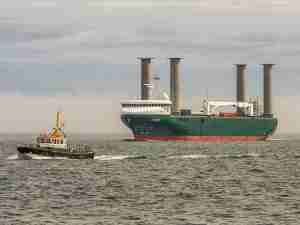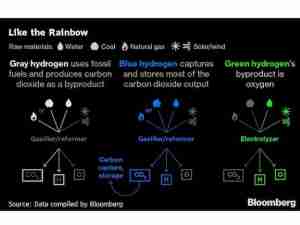OPEC and its allies are gathering for an urgent assessment of how Asia’s coronavirus may hurt oil demand, and what measures they could take in response.
Under increasing pressure after crude prices sunk below $50 a barrel for the first time in more than a year, technical experts from the OPEC+ coalition will meet at the cartel’s Vienna headquarters on Tuesday to evaluate the disease’s impact. Fuel consumption in China—the world’s biggest oil importer—appears to have plunged as much as 20% as cities are quarantined and factories halted.
The officials’ assessment may help determine whether the 23-nation alliance—which pumps about half the world’s oil—convenes an emergency ministerial meeting later this month to consider new production cuts. Saudi Arabia, OPEC’s biggest member, has been pushing for such a gathering, but has faced some reluctance from Russia.
The Organization of Petroleum Exporting Countries and its allies only just started a fresh round of production deeper cutbacks last month, the latest step in a three-year effort to prevent plentiful U.S. shale supplies putting the global market into surplus. But the outlook has deteriorated rapidly in the last few weeks as the coronavirus curbs air traffic and slows China’s economy.
“Given oil’s fast and furious fall—and the havoc that it could wreak on government finances across the producer group—it looks like they don’t believe they have the luxury of time,” said Helima Croft, chief commodities analyst at RBC Capital Markets LLC.
The next OPEC+ ministerial meeting was already scheduled for early March, but the group is now considering whether to hold that gathering in the next couple of weeks to respond to the crisis. The Joint Technical Committee’s analysis of the market on Tuesday and Wednesday is intended to help address that question.
OPEC’s research department in Vienna has prepared nine scenarios with different estimates of how the virus may affect oil consumption, according to a delegate, who asked not to be identified because the information is private.
Reluctant Russia
The average price of crude sold by OPEC members was about $59 a barrel on Monday, far below the levels that most of them need to cover government spending.
While Riyadh has urged fellow producers to meet and act, there’s so far been a more cautious attitude from its most important partner, Russia. Though not an OPEC member itself, Moscow has proved to be an influential voice since the OPEC+ alliance was established three years ago.
Russian President Vladimir Putin and Saudi King Salman bin Abdulaziz discussed the global energy markets by phone Monday evening, the Kremlin said in a statement, adding that both leaders confirmed “readiness to continue cooperation within OPEC+.”
Moscow doesn’t face the same budgetary need for elevated oil prices as most OPEC members. Energy Minister Alexander Novak had said last week that the country is prepared to meet this month, and intervene if necessary, though it prefers to continue monitoring the situation.
Delegates from both Saudi Arabia and Russia will attend the JTC, which also includes Algeria, Iraq, Kazakhstan, Kuwait, Nigeria and the United Arab Emirates.





_-_28de80_-_58820516bd428ab3fd376933932d068c43db9a4a_lqip.jpg)




